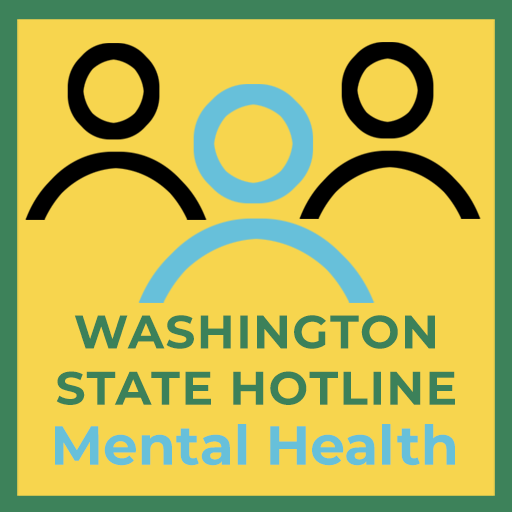Asotin County WA Mental Health Hotline
Asotin County Washington Helpline for Mental Health
Asotin County, WA Mental Health Statistics
In Asotin County, Washington, mental health statistics play a crucial role in understanding the state of mental well-being within the community. By analyzing and interpreting these statistics, we can gain valuable insights into the prevalence and impact of mental health issues in this region.
Asotin County, located in Washington state, is home to a diverse population facing various challenges related to mental health. Understanding the statistics surrounding mental health in this area is essential for policymakers, healthcare professionals, and community organizations to develop effective strategies and allocate resources appropriately.
By examining key indicators such as rates of depression, anxiety disorders, substance abuse, and suicide rates within Asotin County, we can identify trends and patterns that help us better understand the specific needs of this community. These statistics provide a foundation for evidence-based decision-making when it comes to developing targeted interventions, prevention programs, and support services.
County Health Insights provides data and information about the well-being of Asotin County’s population, with a focus on health indicators. Public health officials and community partners use this information to identify community issues and needs, prioritize interventions and evaluate and continuously improve over time.
Asotin County, WA Mental Health Hotline

Feeling overwhelmed?
Speak with someone now, Call…
Asotin County, WA Mental Health Resources

Asotin County WA Health District Mental Health
Asotin County Health District is committed to being a trusted source of public health information by providing education, promoting health, preventing illness, and protecting the environment to help those who work, play, and live in Asotin County Washington achieve their best health.

Asotin County WA Government Website
Asotin County WA Government Website, provides links to Community Services The vision of the Community Services Departent is to see all people working, playing and learning in a community that values diversity before labels and strengths before barriers. Health District Asotin County Public Health leads the community through education and evidence-based practices to prevent illness, promote health, and protect the environment to improve the quality of life in our communities.